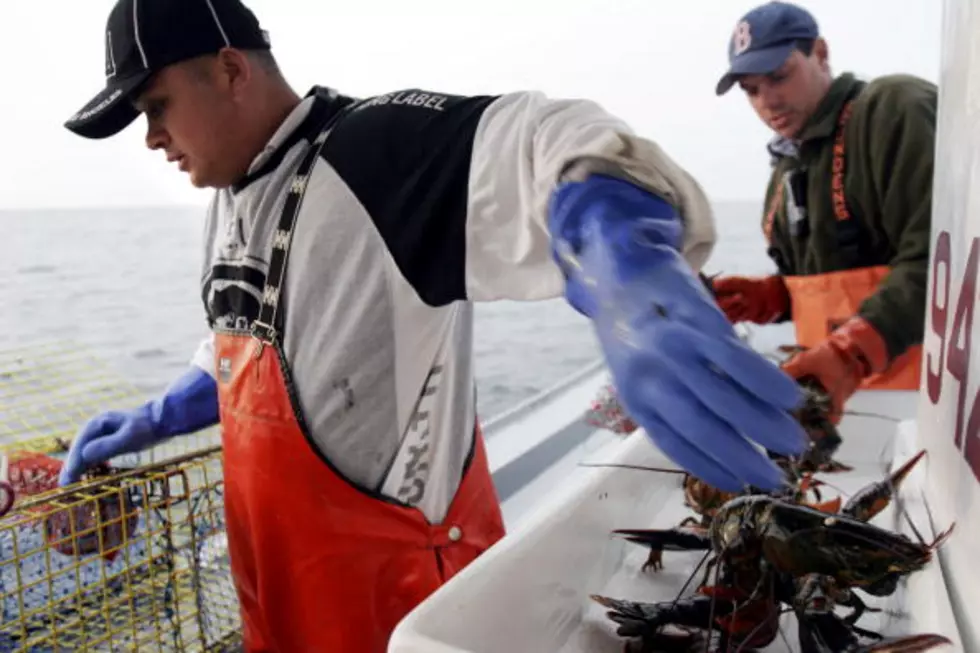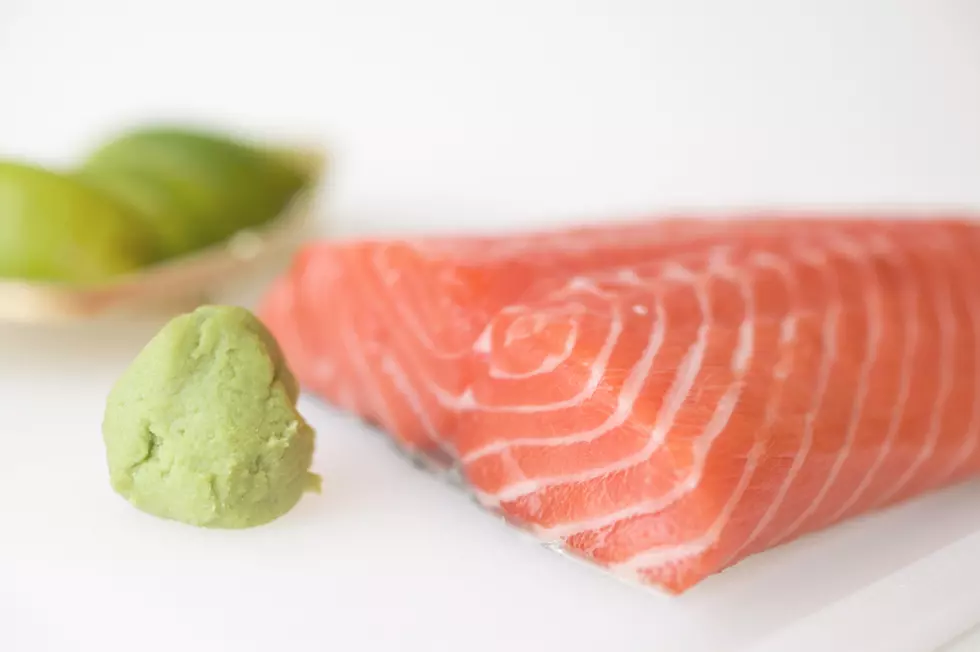
Study: Climate change pushing some fish to cooler waters
Climate change and unprecedented warming of ocean waters in the Northeast, including New Jersey, is pushing several species of fish and crustaceans to cooler waters, according to new research by a Rutgers team.
The research reveals that lobster and longfin squid are shifting further north to Maine while black sea bass and summer flounder, once common in the waters off Cape Hatteras, are now more abundant off the New Jersey coast.
The trend could have serious effects on marine mammals, birds and those who depend on fishing for food and income, according to Malin Pinsky, an assistant professor and marine biologist at Rutgers who is leading a team researching these shifts.
"We see some species important to fisheries around here becoming more rare. On the other hand, other important species are becoming more common," Pinsky said.
Two papers have been published by Pinsky, "Climatic Change" in October 2012 and "Science" in September 2013, documenting this trend and exploring its implications.
The research indicates that the shift northward is happening at different rates among the species not because of their biological differences, but due to the rate and direction of climate change in their waters.
Pinsky said fisheries are now faced with adapting to these changes.
"One of the challenges we have is to create fisheries regulations that are both strict enough that they prevent overfishing, but also flexible enough to allow fisheries to adapt to the changes we're seeing in the ocean," Pinsky said. "Species that are overfished and already at low abundance are especially sensitive to the warming temperatures that we've seen."
To track shifts in the distribution of U.S. marine species, Pinsky and his team created a website, OceanAdapt. The website is funded by the U.S. National Marine Fisheries Service.
More From New Jersey 101.5 FM

![Big Joe’s Fruity Tilapia [Recipe]](http://townsquare.media/site/385/files/2016/04/Grilled-Fish-Credit-iStockphoto-158197138.jpg?w=980&q=75)




![Predator Fish That Can Live Out of Water Found in New York City [VIDEO]](http://townsquare.media/site/385/files/2013/05/144629047.jpg?w=980&q=75)


